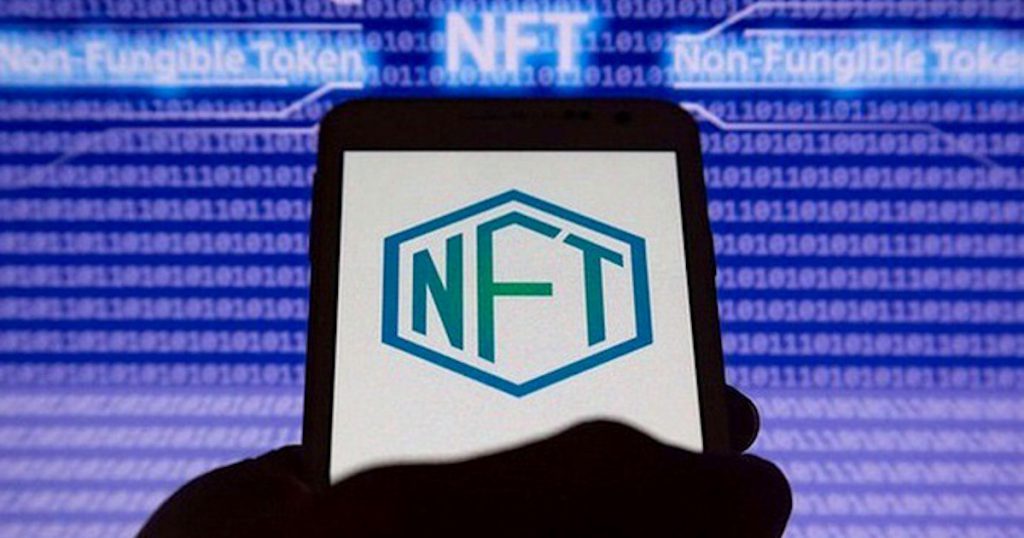If you are dealing with non-fungible tokens (NFT) in Malaysia, there are some hard truths that you need to know.
In Malaysia, most digital assets are prescribed as ‘securities’. What this means is if a digital asset fits the criteria of a security, it will be regulated by the Securities Commission. This includes the activities of issuance, promotion, trading and transfer that go along with it.
Based on a lot of lay literature out there, there seems to be a gathering view that NFTs are not securities. We beg to differ and set the record straight.
Disclaimer: This is our opinion for general information purpose. Please do not rely on it as legal advice.
1. Don’t confuse the asset with the instrument
What is a security? It refers to the financial instruments commonly used in capital markets.
When you buy and sell an NFT, the asset does not actually change hands. The asset can be any creative content, artwork, or collectible in physical or digital form. The NFT, digital ‘smart contract’ on the blockchain, is an instrument that signifies the right or interest to this particular asset.
So when the buyer and seller enter a trade, they ‘shake hands’ (metaphorically speaking) on the instrument itself, which records the transfer and assigns ownership of the asset. To oversimplify it, you could think of this instrument like a mutual agreement between parties, and which contains information of successive owners, like a deed of title.
It is not the underlying asset that is considered a security, but the instrument that represents it.
2. There is no such thing as ‘utility tokens’
Many people will tell us that they have read about utility tokens online, and NFTs should be treated as such.
Unfortunately, this is where we burst their bubble. Malaysia is a unique case. There is no such thing or taxonomy for utility tokens in the Capital Markets and Services (Prescription of Securities) Order 2019, the authoritative guide in this jurisdiction.
The Order provides two prongs to the definition of digital assets: one for ‘digital currency’, and another for ‘digital token’. Both are prescribed as securities.
NFTs are unlikely to be categorised as ‘digital token’, which is for pooled or collective investments. Instead, NFTs seem to satisfy all of the following criteria as ‘digital currency’:
- It is traded in a place or on a facility where offers to sell, purchase, or exchange of, the digital currency are regularly made or accepted;
- A person expects a return in any form from the trading, conversion or redemption of the digital currency or the appreciation in the value of the digital currency; and
- It is not issued or guaranteed by any government body or central banks as may be specified by the Commission.
On the face of it: NFTs are openly and regularly traded on platforms serving primary and secondary markets, with gainful expectation, and are privately issued.
It goes without saying that if NFTs are securities, then they will come under the relevant securities laws in Malaysia.
3. The ‘medium of exchange’ conundrum
There is one complication, however. The Order also characterises digital currency as a ‘medium of exchange’, which NFTs do not appear to be.
It should be noted that digital assets are evolving and may not always fall neatly into cut-and-dry characterisations.
For instance, even though Ether is considered a digital currency since it is used ubiquitously as a payment tool or ‘medium of exchange’ on the blockchain, it had originally started out as an initial coin offering (ICO) in 2014, which would qualify it as a digital token.
Stablecoins are widely understood to be ‘medium of exchange’, but they do not fully meet the criteria as digital currency. This is because there is no expectation of gain as the value is fixed or pegged (example: 1 USDT = 1 USD).
And if we look closer, stablecoins like Tether actually keep the bulk of their reserves as short-term commercial paper rather than cash – which are money market funds and therefore, regulated as securities.
4. Is there a ‘safe harbour’ for NFTs?
The short answer is no – the Order does not provide one.
Nevertheless, if NFTs could neither be classified as digital currency or digital token, it is possible that a third category may have to be created anew for assets that are non-fungible in nature (i.e. they have unique features that are not readily interchangeable with other assets).
But this is not a slam-dunk argument. Some would say that securities can be non-fungible too – they are serialised, with unique identification for the holder, carry special rights, and can only be traded in a specific market. In other words, they are not bearer-based like fungible instruments.
More compellingly, the emerging use cases of NFTs across the DeFi space don’t support this non-fungibility position. When NFTs can be collateralised for lending and borrowing or staking and farming for returns, just like securities, it is hard for regulators to turn a blind eye and look the other way.
5. This market won’t be left unregulated
Let’s be clear: An unregulated market implies that there are no money laundering controls or statutory reporting obligations for digital assets. This position is not just unlikely, but untenable as well.
Regulating NFTs may not conform to the letter of the law (in the way it is strictly worded), but it honours the spirit of the law.
From what we can see, regulators will not hesitate to act against peer-to-peer market operators, regardless of whether they provide a centralised escrow service (like Remitano) or a decentralised exchange (like Rimau Swap), or a mixture of both models. The first line of compliance should be raised by the platform who then enforces it upon their users.
In the next part of this two-part series, we explore how NFTs will interact (or counteract) with the new Initial Exchange Offering (IEO) guidelines. And if NFTs are indeed considered securities, how do you import intellectual property rights onto them?
Check out Part 2 of this article here.
This article is jointly written by Ed Yong, Gan Ming Chiek and Yeow Jie Han.
Ed Yong is the co-founder of Celebrus Advisory and part of the Digital Technology Expert Network by Malaysia Digital Economy Corporation (MDEC).
Gan Ming Chiek and Yeow Jie Han are partners of Gan, Lee & Tan (GLT Law), an award-winning law firm in Malaysia.
Featured Image Credit: VTV.vn














